Digging up the past: The gentle giants still suffer today
Just inside the 20 gallon tank, biodiversity manifests within the mini-ecosystem. Mr. Evans displays different aquatic organisms throughout his room so his students can appreciate and understand the importance of the symbiotic relationship the different organisms share.
August 31, 2018
Since the industrial revolution, the anthropogenic ecological footprint now infringes upon biodiversity, destroying oceans and slowly killing the human race. As the main contributor to evolution, threatening biodiversity also imperils future ecosystem prosperity.
“Saving the Whales: A Cause to Believe In,” archived from The Chant, Issue III, 1991, informed readers about declining whale population severity. With valuable baleen and oil, commercial whaling left only 350 Right Whales and Bowheads dwindling close to extinction. Unfortunately, today only 8,000 Bowheads and 450 Right Whales exist, both remaining critically endangered species.
In the archived article, writer Keeli Cantelmo discusses the International Whaling Commission’s (IWC) commercial regulations, citing their “1986… five year ban on commercial whaling” to prevent further whale population decline. In 2016, IWC’s Conservation Committee developed the “Strategic Plan” (2016-2026) to preserve and recover healthy and stable cetacean populations (ocean mammals).
By absorbing atmospheric carbon and providing oxygen, food, and water, the oceans act as the world’s life support system. Killing the oceans will kill mankind.
“[Students need to be] informed so that they can make better decisions about both their own personal habits, [and] more importantly, future political decisions,” AP Environmental Science teacher Mr. Jason Evans said.
Under the current Trump administration, 76 environmental rules underwent rollback and deregulation. Can individual actions and conservation committees counteract industrial and federal ecological disregard?
“The environment is the most important part of our lives; it’s mind boggling [that] people just don’t care [about it],” senior Greenhouse Gang club founder Tess Thompson said.
To curtail her personal impact, Thompson converted to a vegetarian lifestyle seven years ago and quit using plastic bags, along with single-use disposable products.
“It’s the little things you can change,” Thompson said.
Through deforestation, overpopulation, pollution, and global warming, humans fuel habitat destruction. Jeopardizing all Red List (threatened and endangered) species by 85%, habitat loss acts as the primary reason for declining biodiversity. Ten different endangered whale species contribute to the 41,415 Red Listed species.
“[Ecosystems remain] out of sight, out of mind,” Evans said.
People disregard integral ecosystems, particularly oceans, as Hollywood diverts society’s focus away from environmental problems and towards the latest Kardashian scandal.
Without prompt action and regulation, humans’ harmful environmental impact will continue smothering vital ecosystems and catalyzing biodiversity loss. “Without blue, there would be no green,” Marine biologist and former chief scientist of National Oceanic and Atmospheric Administration (NOAA) Sylvia Earle said.
To sustain vital ecosystems and avoid the race between new species discovery and extinction, individuals must evaluate their ecological footprint. By altering daily routines and making environmentally conscious decisions, people must start the change for humanity to follow. Sacrifice the little things before mankind sacrifices the Earth.




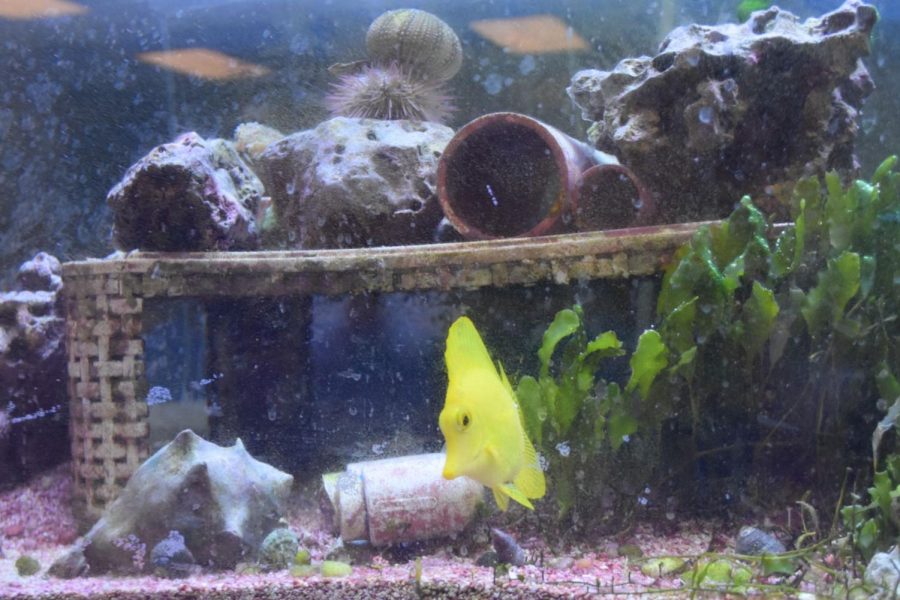




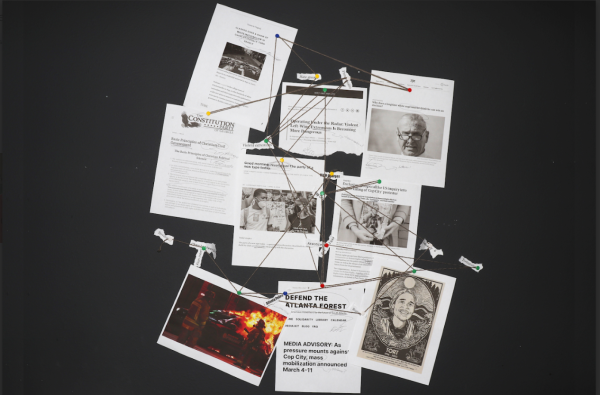
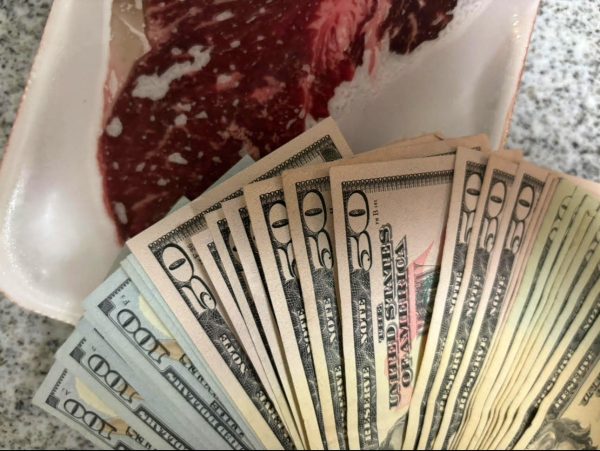
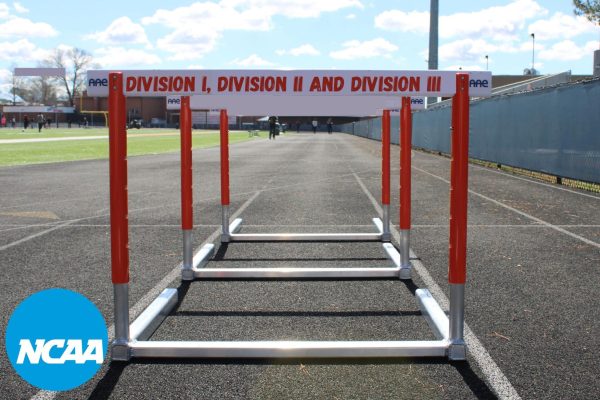
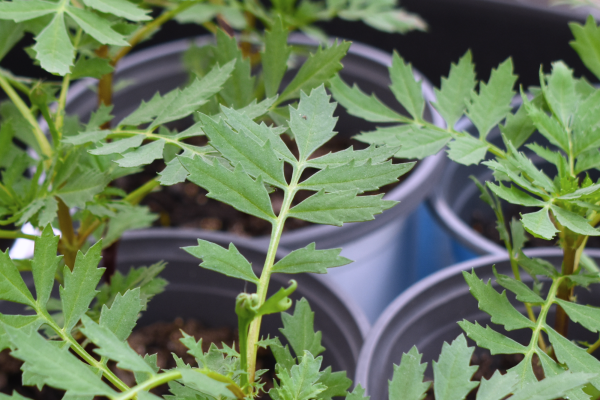
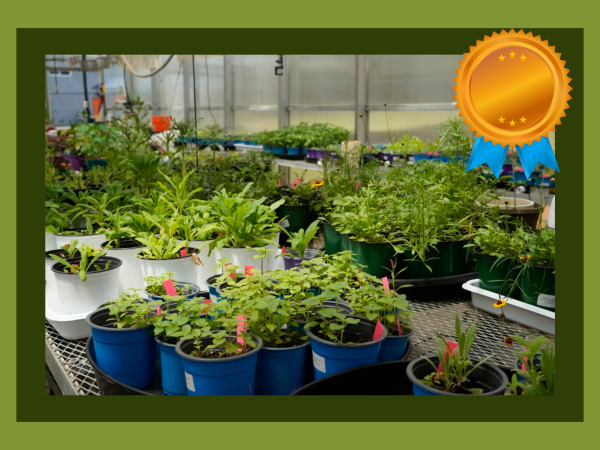

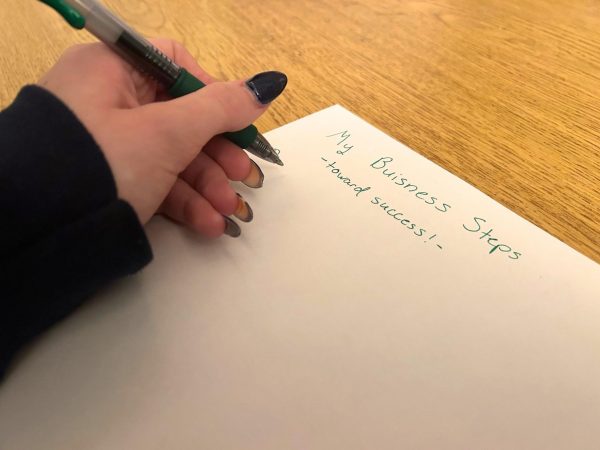



Sandra Crow • Aug 31, 2018 at 12:51 PM
Very well written. Very informative and true. Great writing!